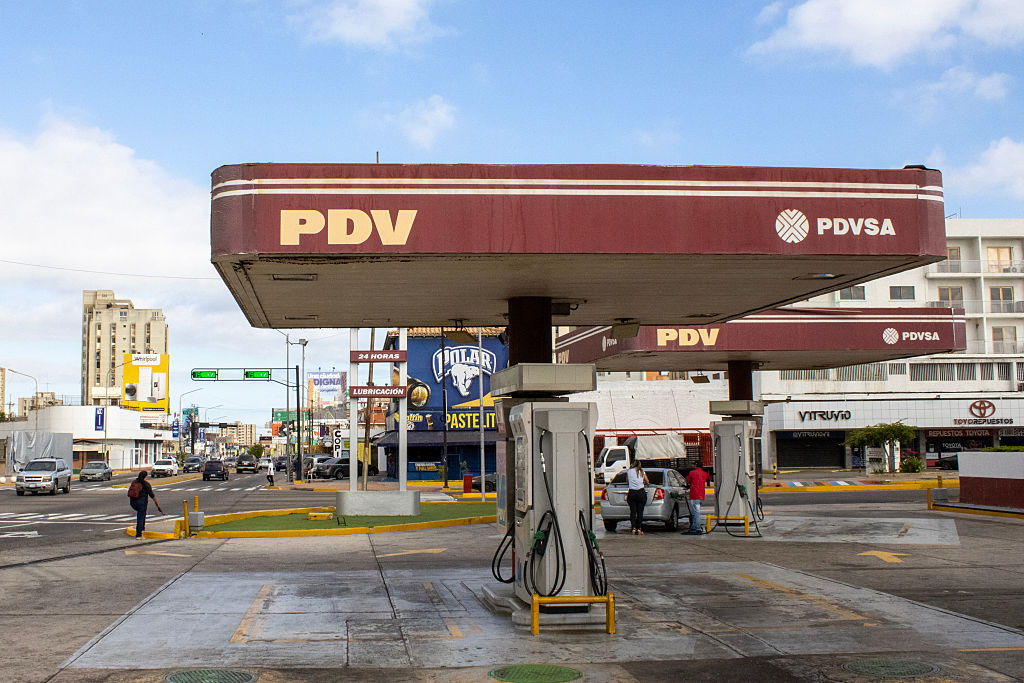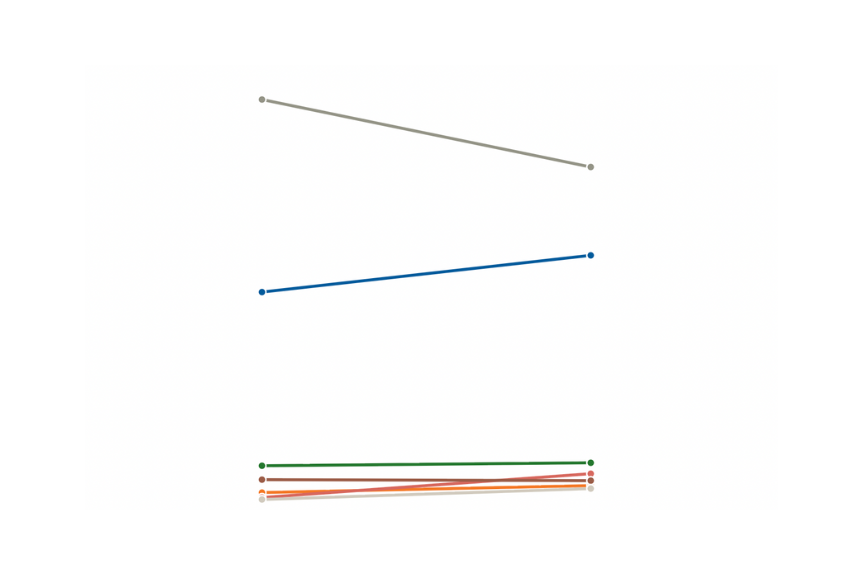Venezuela’s Presidential Campaigns Get Underway
Venezuela’s Presidential Campaigns Get Underway
President Hugo Chávez and opposition candidate Henrique Capriles officially kicked off their campaigns on July 1 in what could prove a close race.
Campaigns for Venezuela’s presidential election officially began on July 1, as incumbent President Hugo Chávez seeks his fourth term. The president, candidate of the United Socialist Party of Venezuela (PSUV), will face Henrique Capriles Radonski of the Coalition for Democratic Unity (MUD) on October 7. With recent polls showing a close race, the candidates began their campaigns seeking to differentiate themselves. Over the next three months, they will also have to prove how they will tackle two top issues for voters: violence and the economy. At the same time, some are concerned about an unequal playing field during the official three-month campaign.
Though poll numbers vary, some recent surveys show a narrowing race. A Consultores 21 poll released last week shows both candidates tied at 46 percent. A June 30 poll from Predicmatica indicates that Capriles leads with a nearly four-point advantage over Chávez. Meanwhile, a Hinterlaces poll in late June put Chávez ahead by 21 points.
Positioning himself as a source of continuity, the president began his campaign in Carabobo state on Sunday, where he spoke before several thousand people. Despite concerns about his health due to cancer treatment, Chávez called himself “invincible.” He urged followers to help him with the “battle of ideas” to convince undecided voters. “Some [undecided voters] may be confused due to psychological warfare,” he said. In the week leading up to the campaign kick-off, Chávez went further, saying “those who aren’t chavistas aren’t Venezuelan.”
Capriles, on the other hand, has cast himself as a new alternative after three Chávez administrations. He started his campaign in Bolivar state, vowing to combat impunity and create jobs. He pointed to neighboring Brazil as a model, saying: "Its government understood how to work. Brazil has taken off. Now it's Venezuela's turn." After 14 years under Chávez, Capriles said, “we have a tired pitcher governing Venezuela and a relief pitcher with a fresh arm is needed.”
The candidates have also sought to differentiate themselves on the major issues. Crime is one of the top concerns for voters leading up to October. Venezuela has one of the highest homicide rates in the world, and murders more than tripled from 1999 to 2011. During the first weekend of campaigning, there were 45 homicides in Caracas alone. Capriles has declared that he will have “zero tolerance for violence, crime, and impunity,” and his security plan includes increasing street lighting, boosting police salaries and training, and opening prison administration to the private sector. Chávez has promised to increase police patrols, install security cameras at high-priority locations, and create a crime victims’ registry and compensation system.
The economy is another top issue for voters, with an estimated 45.5 percent of the population unemployed or working in the informal sector. There’s also concern that dropping oil prices could compromise an economy highly reliant on petroleum revenue. Economist José Guerra told El Nacional that “Venezuela is in a vulnerable situation without the government preparing to solve problems from a decline in revenues.” Chávez plans to continue price controls, while Capriles says he would gradually phase them out.
Another campaign issue, some say, is an uneven playing field in terms of media access. The Economist’s Americas view blog wrote that a television station critical of Chávez suffered a “potentially fatal blow” on June 28. The Supreme Court ordered the seizure of assets from Globovision, following an appeal by the station to pay a fine for covering a prison siege last year. (The station paid the original fine to avoid the seizure.) After several newspaper offices were attacked in early June, the World Association of Newspapers and News Publishers warned that leading up to the elections, attacks on journalists and self-censorship could increase. In a statement, the organization said that the current administration has “carried out a sophisticated and aggressive campaign of control over the independent media that has silenced the most influential critical voices while maintaining an appearance of media pluralism.” Further, the group warned about unequal government advertising, as well as the fact that the state media has consistently tried to “discredit opposition news outlets.”
Learn More:
- Read about the presidential campaign process in Venezuela in an AS/COA News Analysis.
- Watch Chávez’s speech on his first day of official campaigning.
- Watch clips from Capriles’ speech during his first day of campaigning.
- See a list of each candidate’s positions on major issues from Reuters.








